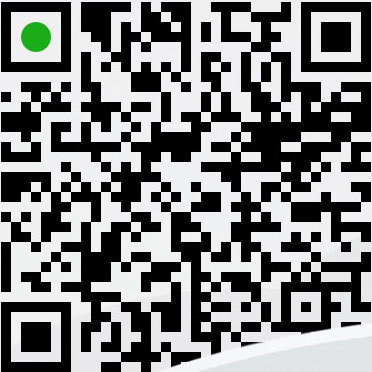How to Determine Infringement of Trade Secrets in Judicial Practice
Author of article: Lawyers of Shandong Win & Win Co. Law Firm
1. The Concept of trade secrets.
According to the Anti Unfair Competition Law of the people’s Republic of China, trade secrets are technical information and business information that are not known to the public, can bring economic benefits to the obligee, has practicability, and has been protected by the obligee.
In legal practice, we can conclude that violations of trade secrets include:
(1) Obtaining the business secrets of the obligee by theft, bribery, fraud, coercion, electronic intrusion or other improper means;
(2) Disclosing, using or allowing others to use the business secrets of the obligee obtained by the means mentioned in the preceding paragraph;
(3) Disclosing, using or allowing others to use the trade secrets they hold in violation of the confidentiality obligation or the requirements of the obligee for keeping trade secrets;
(4) Abetting, inducing or helping others to obtain, disclose, use or allow others to use the obligee’s business secrets in violation of the confidentiality obligation or the obligee’s requirements for keeping business secrets.
If any other natural person, legal person or non legal person organization other than the business operator commits any of the illegal acts listed in the preceding paragraph, it shall be deemed as an infringement of trade secrets.
If a third party obtains, discloses, uses or allows others to use the trade secret even though it knows or should know that the employee, former employee or other unit or individual of the obligee of the trade secret has committed the illegal act listed in the first paragraph of this article, it shall be deemed as infringing the trade secret.
2. How to identify infringement of trade secrets?
Then we study the case of(2018)ZHE02MIN4957, for how to identify the infringement of trade secrets in Chinese court litigation procedure. This case is a trade secret dispute of infringing customer information. The trade secret claimed by the plaintiff in this case only meets the legal conditions of “not known to the public”, “bringing economic benefits to the obligee, being practical” and “taking confidentiality measures by the obligee”, which belongs to the category of trade secret protected by law. The customer list in trade secrets generally refers to the special customer information which is different from the relevant public information, including the name, address, contact information, trading habits, intentions and contents of customers, including the customer list of many customers and the specific customers who maintain long-term stable trading relationship. In this case, the plaintiff claimed that his trade secret had been infringed, but the relevant evidence was not enough to support his claim. First of all, although the plaintiff provided the list of customers, it did not provide the transaction information with the listed customers, so it was unable to confirm that the listed customers were their stable customers. Secondly, according to the customs materials obtained by the court of first instance according to the plaintiff’s application, there is no transaction record between the above customer and Dean company claimed by the plaintiff, which can not prove that the defendant disclosed or used the trade secret claimed by the plaintiff.
According to the court, trade secret refers to the technical and business information that is not known to the public, can bring economic benefits to the obligee, has practicability, and has been kept secret by the obligee. The establishment of trade secret must have the legal conditions of “not known to the public”, “bringing economic benefits to the obligee, being practical” and “taking confidentiality measures by the obligee”. Business secrets include business information with confidentiality, value and confidentiality, including customer list, etc. According to the law, the customer list in the trade secret generally refers to the special customer information which is different from the relevant public information, which is composed of the customer’s name, address, contact information, trading habits, intention, content, etc. Therefore, the plaintiff needs to prove that the list of specific customers that he claims constitutes a trade secret meets the above requirements in order to seek legal protection through unfair competition.
The list of customers that constitute trade secrets should be made up of special business information with specific customer name, contact information and specific transaction habits, intentions and contents collected, which is different from the relevant public information, rather than a simple list of customers, The plaintiff needs to prove that he has made relevant commercial efforts, such as maintaining a long-term stable trading relationship with a specific customer. Only the list of customers who constitute trade secrets can enjoy the rights and interests protected by the anti unfair competition law, and have the right to prohibit others’ dishonest embezzlement. Otherwise, if the simply collected customer information has the right to imprison other operators to trade with the customer freely, it will damage the order of competition and violate the legal principles of voluntariness, equality, fairness and integrity protected by the unfair competition law.

